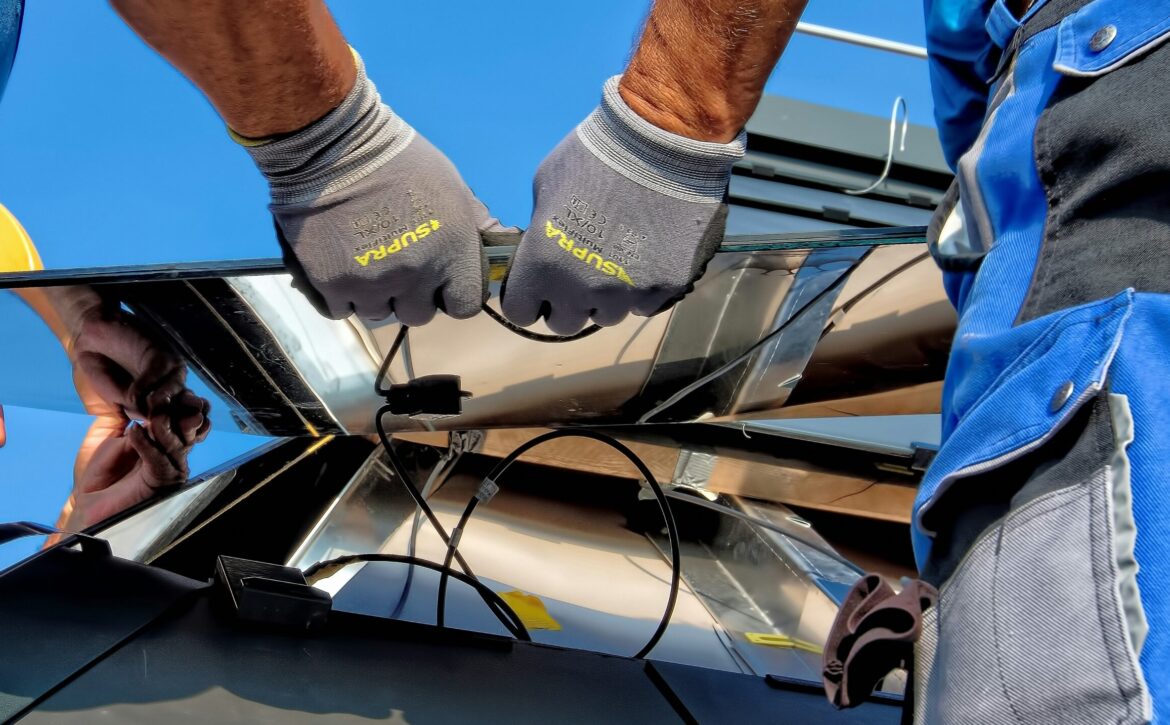Accelerating the Adoption of Solar Power in Chennai: The MNRE Solar Subsidy Game Changer
Solar Subsidy in Chennai: A Game Changer for Renewable Energy
Chennai, the capital city of Tamil Nadu, has been actively promoting renewable energy sources to meet its growing energy demands and reduce its carbon footprint. One of the key initiatives taken by the city is the solar subsidy provided by the Ministry of New and Renewable Energy (MNRE). This subsidy has proved to be a game changer in accelerating the adoption of solar power in Chennai and has paved the way for a sustainable future.
The Importance of Solar Energy
Solar energy is a clean and abundant source of power that has the potential to revolutionize the way we generate electricity. By harnessing the power of the sun, we can reduce our dependence on fossil fuels and mitigate the harmful effects of climate change. Solar energy is not only environmentally friendly but also economically viable in the long run. It offers a sustainable solution to meet our energy needs while ensuring a greener and healthier planet for future generations.
Understanding the MNRE Solar Subsidy
The MNRE solar subsidy in Chennai aims to make solar power more affordable and accessible to residential, commercial, and industrial consumers. Under this subsidy scheme, eligible consumers can avail financial incentives and support for installing solar power systems. The subsidy covers a significant portion of the upfront costs involved in setting up solar panels, making it an attractive investment for individuals and businesses alike.
The subsidy amount provided by MNRE varies depending on the capacity of the solar power system. Residential consumers can avail a subsidy of up to 40% for systems up to 3 kW, while commercial and industrial consumers can avail a subsidy of up to 30% for systems up to 500 kW. This financial assistance has encouraged many consumers to switch to solar power, thereby reducing their electricity bills and contributing to a cleaner environment.
Benefits of the MNRE Solar Subsidy
The MNRE solar subsidy has numerous benefits for both consumers and the environment. Here are some key advantages:
1. Cost Savings:
By installing solar panels with the help of the MNRE subsidy, consumers can significantly reduce their electricity bills. Solar energy is a free and renewable resource, which means that once the initial investment is recovered, the electricity generated from solar panels is virtually free. This long-term cost savings make solar power an attractive option for both residential and commercial consumers.
2. Environmental Impact:
Solar energy is a clean and green source of power that does not produce any harmful emissions or pollutants. By adopting solar power, consumers can reduce their carbon footprint and contribute to the fight against climate change. The MNRE subsidy has played a crucial role in promoting the use of solar energy in Chennai, thereby reducing the city’s reliance on conventional energy sources and mitigating the environmental impact.
3. Energy Independence:
With solar power, consumers can become self-sufficient in meeting their energy needs. By generating their own electricity, they are no longer dependent on the grid and are protected against rising electricity prices. This energy independence provides consumers with greater control over their energy consumption and offers a reliable and sustainable solution for their power requirements.
How to Avail the MNRE Solar Subsidy
To avail the MNRE solar subsidy in Chennai, consumers need to follow a few simple steps:
1. Consultation:
Consumers should consult with a reputed solar installation company to assess their energy requirements and determine the feasibility of installing a solar power system. The company will guide them through the entire process and help them understand the subsidy eligibility criteria.
2. Documentation:
Consumers need to submit the necessary documents, such as proof of identity, address, and property ownership, along with the subsidy application form. The solar installation company will assist in completing the documentation process and ensure that all the required paperwork is in order.
3. Installation and Inspection:
Once the subsidy application is approved, the solar panels can be installed by the authorized company. After installation, an inspection will be conducted by the concerned authorities to verify the compliance of the system with the subsidy guidelines.
4. Subsidy Disbursement:
Upon successful inspection, the subsidy amount will be disbursed to the consumer’s bank account. The subsidy is usually provided within a few weeks of the inspection, enabling consumers to recover a significant portion of their investment.
Conclusion
The MNRE solar subsidy has been instrumental in promoting the adoption of solar power and driving the transition towards a sustainable energy future. By making solar energy more affordable and accessible, the subsidy has encouraged individuals and businesses to invest in solar power systems, leading to cost savings, environmental benefits, and energy independence. With continued support and incentives, Chennai is well on its way to becoming a shining example of renewable energy adoption in India.




